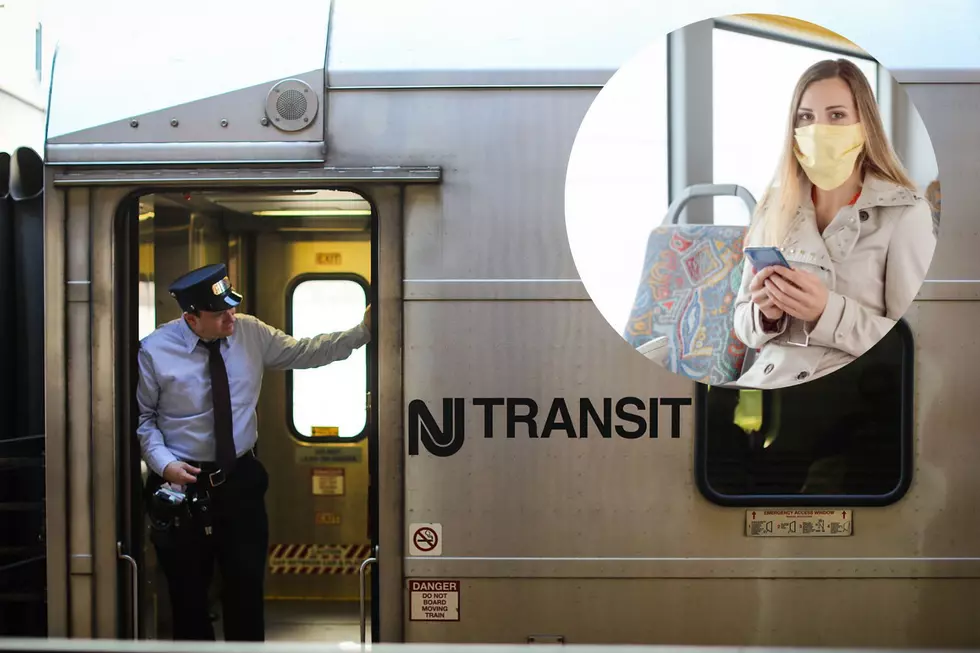
Sierra Club: More frequent buses, better info to improve NJT
In a pair of new studies, the Sierra Club says NJ Transit could increase ridership by providing more frequent service on some bus routes and providing more reliable information about bus and train schedules and service disruptions.
The Sierra Club says that with minimal adjustments, NJ Transit could more than double its current 14 frequent service corridors in which intervals between buses are 15 minutes or less. The changes are suggested in Hudson, Essex, Bergen and Passaic counties, as the study had limited funding and was limited to northeastern New Jersey.
The reports also say NJ Transit’s website and mobile apps remain confusing to use, despite upgrades, and that the information is often inaccurate or conflicting. Among the shortcomings cited by the report is that the trip planning functions don’t include details about bus service available through private carriers.
“Basically the goal of our two studies were to identify low-cost strategies and opportunities for New Jersey Transit to build ridership and thereby reduce vehicle miles traveled by private autos in the state,” said Bill Beren, transportation chair for the New Jersey Sierra Club.
“The main thing that we found I think is a truism in transit planning is that you don’t build ridership without improving service,” he said.
The reports were being delivered to NJ Transit at its board meeting Wednesday night. The agency hadn’t seen them in advance, which limited its immediate response to the suggestions.
“We appreciate the advocacy and suggestions from the Sierra Club,” said Nancy Snyder, chief communications officer for NJ Transit. “Our staff will read and evaluate their recommendations to determine if they can be incorporated into the many improvements we are already making.”
NJ Transit’s monthly report shows 89.4% of buses departed major terminals within six minutes of their schedule in December 2019, the worst performance since the summer of 2018. Buses had been on time more than 90% of the time, which is the agency’s goal, for each of the first 11 months of last year.
The biggest problems were at the Port Authority Bus Terminal in Manhattan, from which 82.2% of buses departed on time in December.
Jeff Tittel, director of the New Jersey Sierra Club, said that for all the attention paid to NJ Transit’s rail problems, “There’s actually even more problems and more frustration that’s been building with the bus ridership in New Jersey, especially those that ride a lot of the urban and inner-city routes.”
“Rides are getting longer, more overcrowded, more frustrations, less information,” Tittel said.
The report suggests more routes where the buses arrive at a defined frequency – every 15 minutes or every 10 minutes, even on weekends. That predictability can increase ridership since commuters know without even consulting a schedule that their wait won’t be long.
Tittel said there are other ways to modernize the buses to make the schedule more punctual, too.
“We’re still at the age when it comes to buses of Ralph Kramden’s time and not today,” Tittel said. “We don’t even have transponders or transit signal devices on the buses that will actually allow lights to stay green longer so you can get through and to better time the buses when it comes to traffic lights. Every system in the country pretty much has that, but we don’t have it.”
The Sierra Club’s second report focuses on how information about schedules, trip planning and advisories for service disruptions still aren’t easy to use, despite efforts to improve them.
“If you go to their sites and use their apps and you look at their website, it’s still fairly confusing. It’s still missing a lot of information,” Tittel said.

Beren said the online information as “chaos” that in cases differs depending on how a user accesses it. Some fixes are easy, he said, such as using the same trip planner icon on the mobile app as the desktop.
“The diversion information is really written from the perspective of New Jersey Transit, rather than from the perspective of the customer,” Beren said.
Snyder said NJ Transit is working to improve communications with customers.
“We’ve refreshed the website with more improvements on the way and we’ve given the mobile app a completely new, user-friendly look and feel,” she said. “Since the redesign of the app, its rating has climbed from a 1.8 to 4.7 out of 5 stars in the App Store.”
Michael Symons is State House bureau chief for New Jersey 101.5. Contact him at michael.symons@townsquaremedia.com.
More From New Jersey 101.5 FM









